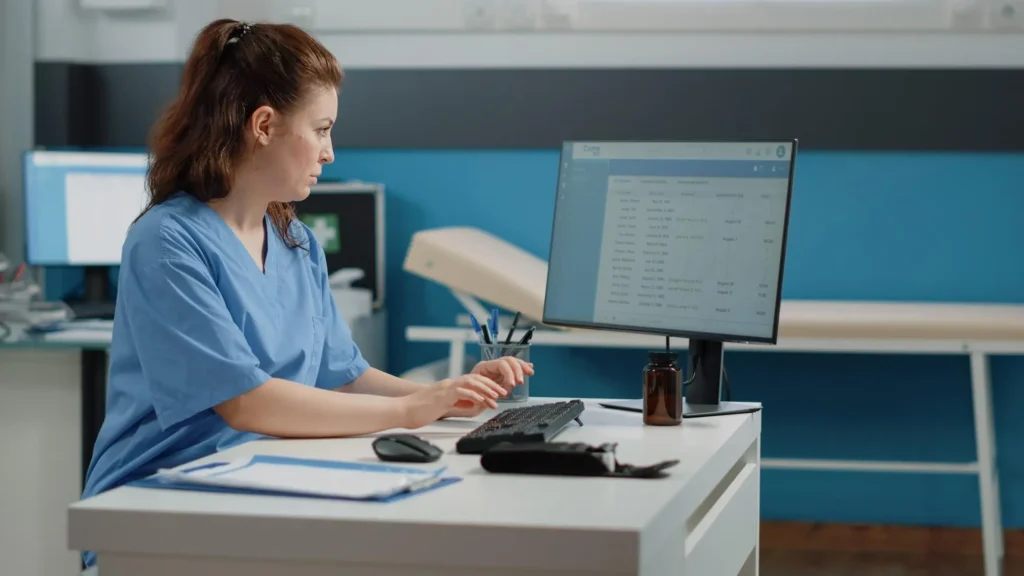Summary
Healthcare in 2025 demands accuracy, speed, and compliance. Medical coding outsourcing transforms complex records into reliable codes, reduces errors, cuts costs, and boosts efficiency. With AI, cloud tools, and expert partners, providers can focus on patient care while ensuring smooth billing.
Book a Free Consultation Today!Healthcare is evolving quickly.
Compliance, accuracy, and speed will be more vital in 2025 than they are now. Healthcare heavily relies on medical coding.
It turns diagnoses and treatments into simple codes for records and billing.
As patient data grows and rules change, outsourcing this work has become a smart choice.
In this article, we explain why outsourcing medical coding matters, how the field has grown, and what trends you can expect in the near future.
Managers and medical professionals will find clear tips to stay ahead in a challenging market.
Don’t worry you won’t need a Ph.D. in tech to follow along. We keep it simple, with a dash of clever humor along the way.
The Evolution of Medical Coding Outsourcing

Medical coding used to be done by people inside each hospital or clinic. Staff worked long hours to turn complex patient records into codes.
This manual work was slow and could lead to errors. As healthcare data grew, many organizations could not keep up with the workload.
The solution? Outsource the work to experts.
Outsourcing means hiring a specialist company to do the coding. These companies use the latest software and trained professionals to ensure accuracy.
The shift from in-house coding to outsourcing is a natural step in a world of fast-changing technology and rising patient numbers.
From Manual to Digital
Not too long ago, coding was done by hand. Staff would look at each patient record and assign codes manually. This process was slow and error-prone. Mistakes could mean wrong bills and delayed payments. As patient records grew, hospitals found it hard to keep up.
Today, most coding work is done with digital tools. Automated systems help reduce errors and speed up work. These digital solutions can quickly scan records and suggest the best codes. They also learn from past work. With digital coding, the risk of mistakes goes down, and billing becomes smoother.
In short, moving from manual to digital coding makes life easier for everyone. It cuts down on errors and frees up staff to focus on other tasks.
